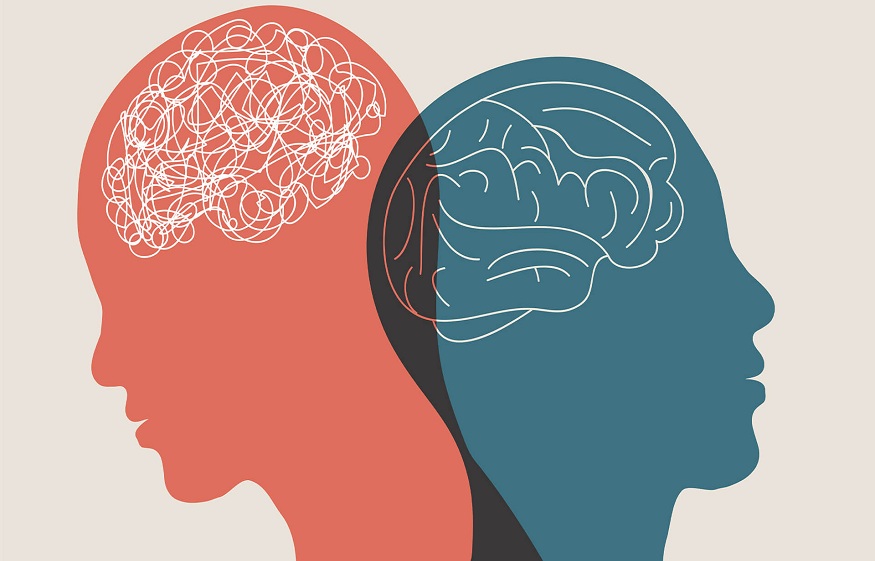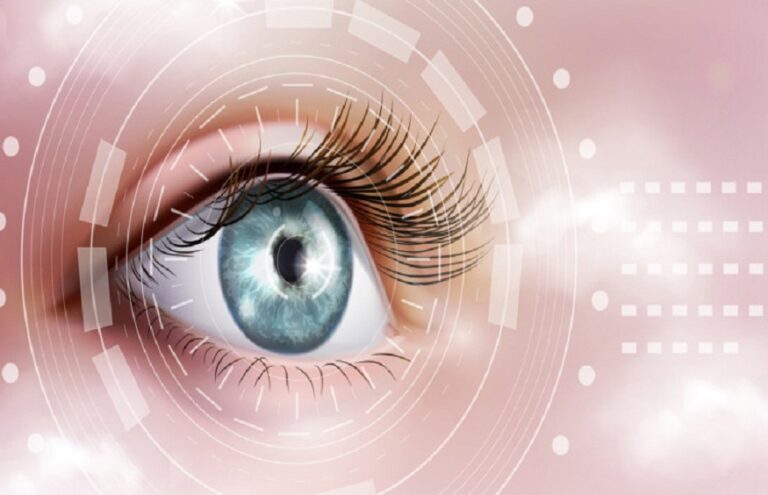Mental fitness helps us achieve and maintain good mental health, just as physical fitness helps us have a healthy body. Enjoying good mental health allows us to take advantage of the joys that our life, our environment and the people around us bring to us. We are better prepared to get through difficult times in our personal or professional lives. Even though we feel the sadness and anger that can accompany the death of a loved one, the loss of a job, interpersonal problems or other difficult events, we can regain the upper hand and regain a taste for life over time. .
By taking care of your mental health we are better able to combat and prevent mental health problems that can be associated with chronic physical illness. In some cases, the appearance or reappearance of a physical or mental illness can even be prevented. For example, good stress management can have a positive effect on heart disease.
In all likelihood, you are already taking steps to support your mental and physical health.
Below are links to more information and simple tips that will help you improve your mental fitness.
We’ve known for a long time that exercise is a good, proactive way to improve our physical condition and fight disease. Today, exercise is also recognized as an essential element in developing and maintaining mental fitness.
Thinking of starting to exercise? We congratulate you twice rather than once! This will improve your physical and mental fitness.
Exercise has many psychological benefits. For example:
Physical activity is increasingly prescribed in the treatment of depression and anxiety. Exercise alone is not a cure, but it provides many benefits.
Research has shown that regular physical activity appears to be an effective psychotherapy in the treatment of mild and moderate depression. The therapists also mention that patients who exercise regularly feel better and are less likely to overeat or use alcohol and drugs.
Many studies have concluded that exercise can reduce anxiety. Even five minutes of aerobic exercise (exercises that require more oxygen like stepping, swimming, and walking) can have benefits for anxiety.
Physical exercise helps counter the withdrawal, inactivity and feelings of helplessness that characterize depression. Studies show that both aerobic and anaerobic exercises (exercises that don’t require more oxygen like weightlifting) have antidepressant effects..
Exercising can help improve our perception of our physical condition, athletic abilities and self-image. Better self-esteem is another benefit.
Finally, the exercise allows you to connect with other people in a positive, non-clinical environment. During your walk, your work-out session or your aquafitness class, you come into contact with people who share your interest in the same activity.
We may not know what causes it, but most people have experienced it. Whether we’re swimming for fun or rock climbing adrenaline pumping, we’ve all experienced that moment when the pain and discomfort suddenly end and give way to a feeling of euphoria.
It is thanks to endorphins that we know these moments of well-being. Endorphins are chemicals produced in the brain that bind to neuroreceptors to relieve pain.
Discovered in 1975, the role of endorphins is still a subject of study. They are believed to relieve pain, improve the immune system, reduce stress and delay the aging process. Exercise stimulates the release of endorphins, sending those chemicals that counter depression and create pleasure throughout the body. It’s no wonder we feel so good after a workout or a walk!
Some people will feel an endorphin rush or second wind after just 10 minutes of jogging, while others will jog for half an hour before feeling such an effect.
You don’t have to do vigorous exercise to boost endorphin release: meditation, acupuncture, massage therapy, spicy foods, and even deep breathing exercises are all things that can naturally boost endorphin production. endorphins in your body.
Making the right food choices can affect many aspects of your life, not just our clothing sizes! They can improve your mental health.
A new study by the UK’s Mental Health Foundation suggests that unhealthy diets are partly responsible for the significant rise in mental health problems over the past 50 years.
We notice that fresh products are more and more neglected. The Feeding Minds study points out that people tend to eat more saturated fats and sugars, including pesticides, additives and trans fats, which can affect brain function. It establishes a convincing link between changes in eating habits and the increase in the number of cases of hyperactivity with attention deficit, Alzheimer’s and schizophrenia.
The message is not new, but it is probably the most striking argument to encourage us to pay greater attention to the link between diet and mental health. The foods we find on our plate become the building blocks for the production of hormones and neurotransmitters, chemicals that control our sleep, mood and behavior. If we don’t feed our brain enough, we damage our intellectual and emotional potential.
Our food also provides us with the vitamins that our body cannot create and that we need to speed up the chemical processes necessary for survival and proper brain function..












+ There are no comments
Add yours